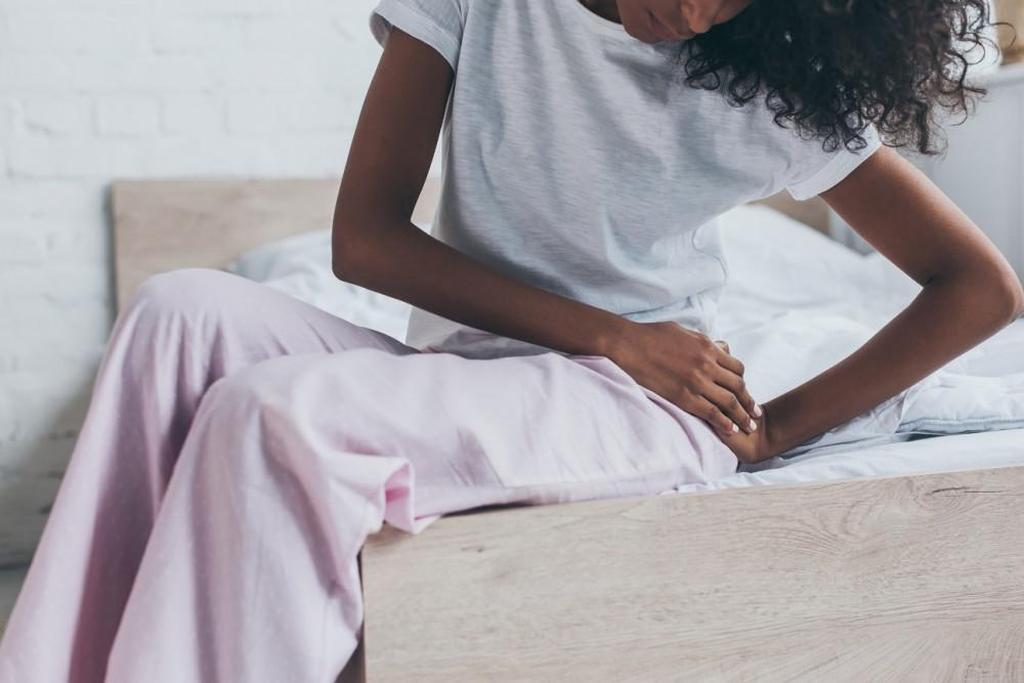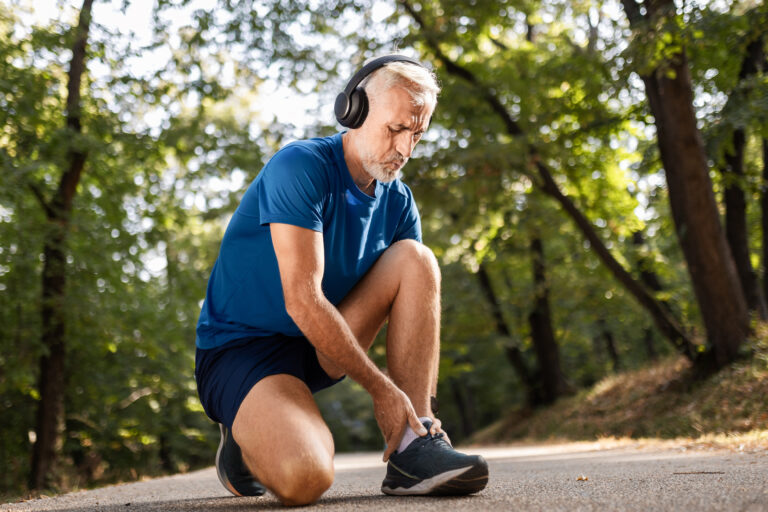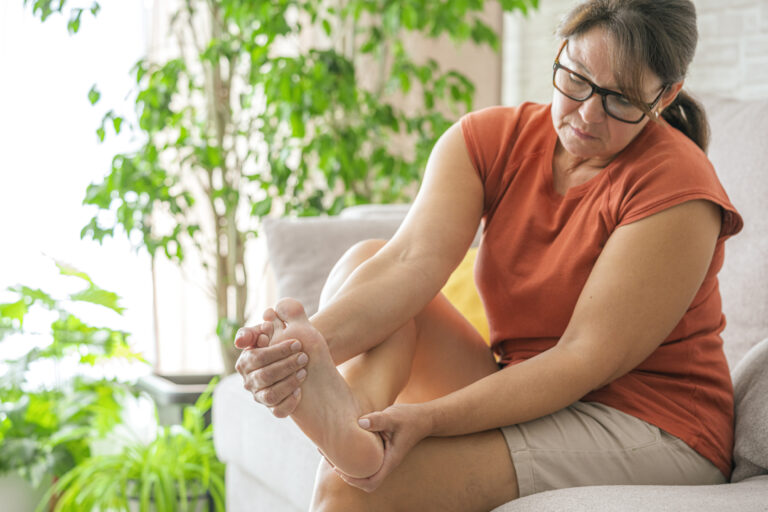If you have hip pain, you have plenty of company: Data shows hip pain affects millions of Americans every year, and that includes hip pain due to injuries, arthritis, and other hip ailments.
Research also shows that sleep plays an important role in managing chronic pain. But if your hip pain is making it hard to catch those nightly Zs, you can find yourself caught in a difficult cycle: Sleep helps relieve chronic hip pain, but your hip pain can also interfere with sleep.
Our team at Texas Orthopaedic Associates offers patient-centered care for chronic hip pain, including medical treatments and lifestyle guidance for optimal relief. If hip pain is interfering with your sleep routine, here’s what we want you to know.
Common causes of hip pain
Your hip is a large ball-and-socket joint comprising bones, cartilage, tendons, ligaments, and other structures. Damage to any of these “parts” can cause both acute and chronic hip pain, sometimes accompanied by hip stiffness or reduced range of motion.
Some of the most common causes of chronic hip symptoms include:
- Hip arthritis
- Tendonitis
- Ligament damage
- Hip bursitis
- Muscle strains
- Nerve impingement
Since your treatment depends a lot on the underlying cause of your hip pain, our team begins therapy with a comprehensive exam of your hip, usually accompanied by diagnostic imaging using X-rays, MRI, or other techniques. In some instances, we may recommend a minimally invasive diagnostic procedure called arthroscopy to “see inside” the joint.
Based on the results of your exam and imaging tests, your provider creates a custom treatment plan to help you feel better now and prevent symptoms in the future.
Relieving bedtime hip pain
In addition to medical treatment, there are some things you can do to avoid hip pain while you sleep. One of the biggest causes of nighttime hip pain is sleeping on your side — a position most Americans prefer. Sleeping on an injured or arthritic hip puts pressure on the joint, so it’s really no surprise that your symptoms are worse.
But hip pain can worsen even if you sleep on your opposite side. That’s because when you lie on your unaffected side, the painful hip can lean forward, a position that also puts strain on the joint.
In both these instances, placing a firm pillow between your knees can help by supporting your “top” hip and keeping the joint in a more natural alignment. If you’re a back sleeper, a pillow under your knees can help relieve hip discomfort by reducing stress on your back.
In addition to using a pillow for support, these other tips may also help:
- Gentle stretching during the day to help relieve strain
- Investing in a more supportive mattress
- Avoiding alcohol before bed
- Setting a normal sleep schedule
- Taking over-the-counter anti-inflammatory medicines before bed
- Using ice to reduce inflammation
- Having joint injections to relieve pain
Many people with chronic hip pain benefit from physical therapy to help strengthen the hip joint and relieve inflammation in and around the joint.
Custom treatment for your hip pain
Hip pain that interferes with sleep can have a dramatic effect on the rest of your life, too. Studies show poor sleep habits increase your risks of medical issues like:
- High blood pressure
- Heart disease and heart attack
- Stroke
- Diabetes
- Depression
- Obesity
- Lower immune response
Seeking medical treatment at the first sign of sore hips is the best way to reduce these risks and start enjoying restful sleep again.
To learn what’s causing your hip pain and how our team can help relieve it, book an appointment online or over the phone at one of our offices in Dallas, Plano, Keller, Weatherford, or Fort Worth, Texas, today.












